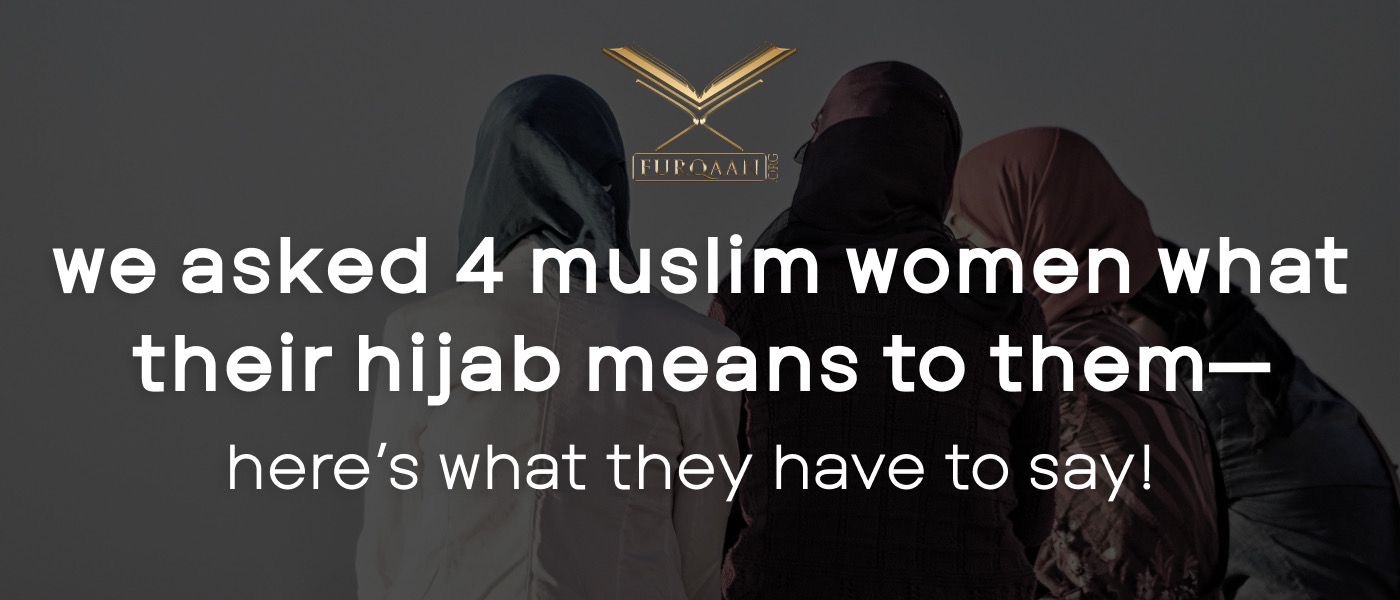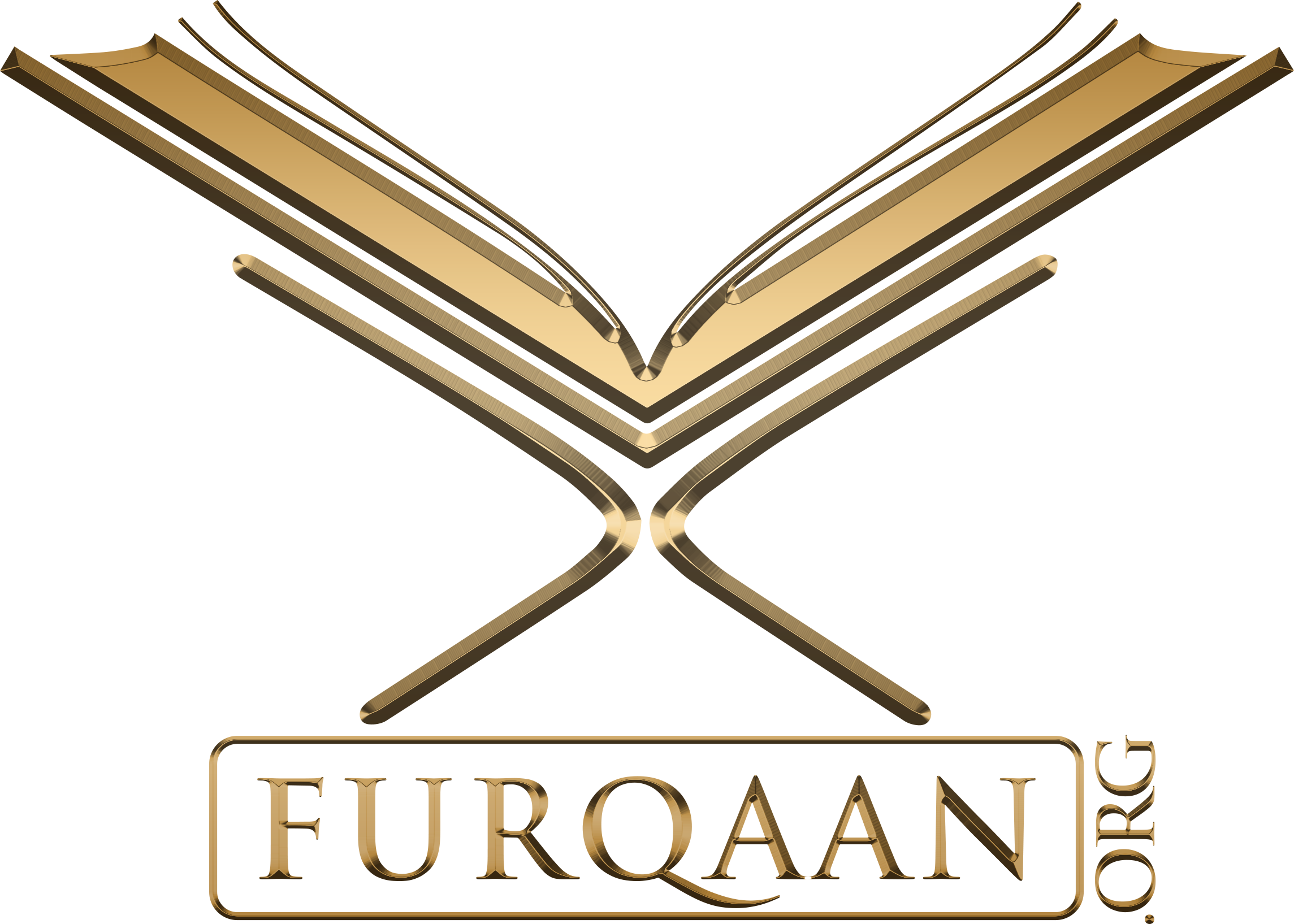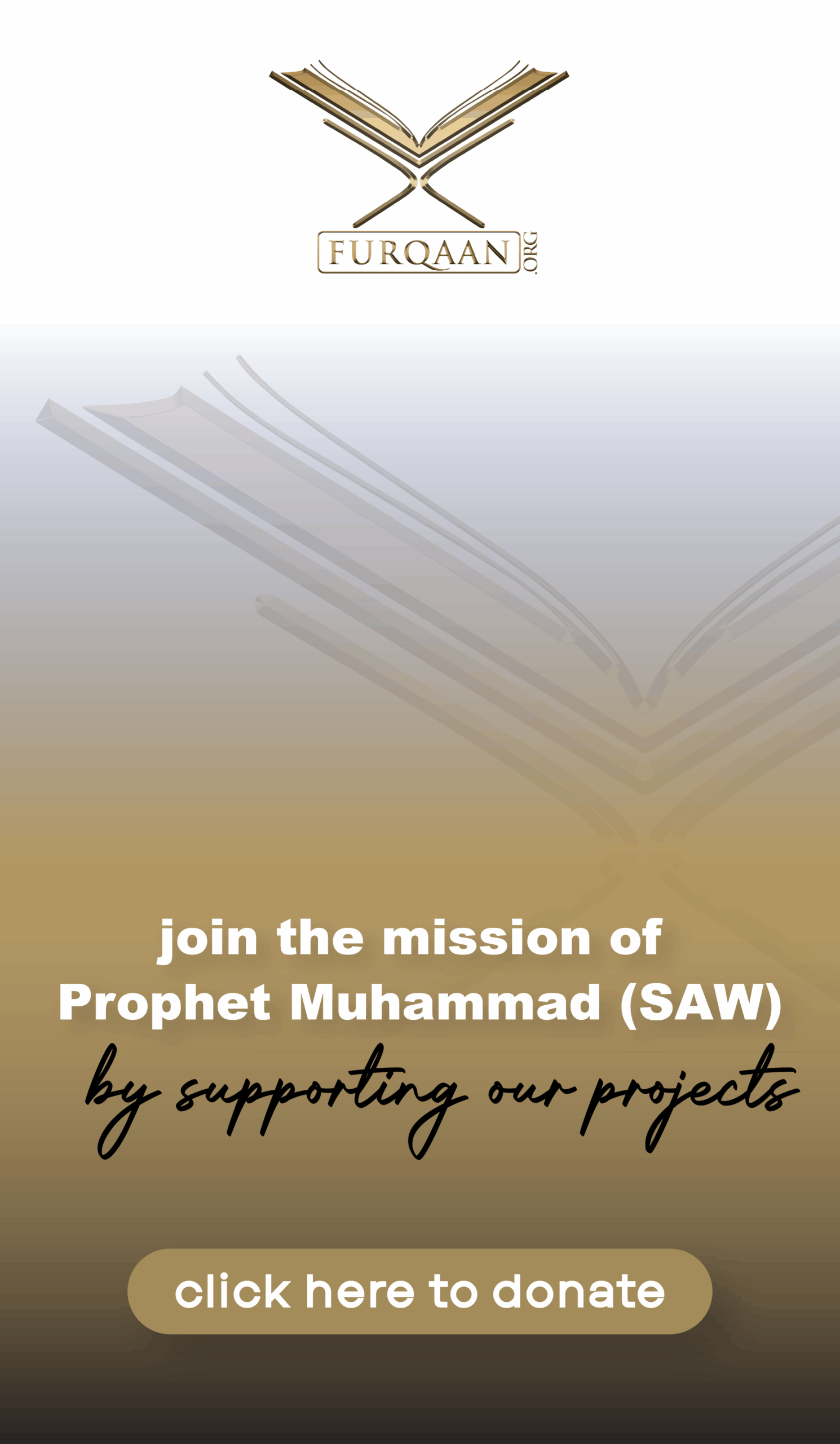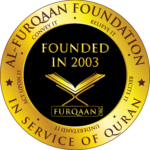
Every year, on February 1st, World Hijab Day is celebrated around the world as a day of recognition, understanding, and solidarity. It is a time to honor the millions of Muslim women who wear the hijab as a symbol of faith, identity, and empowerment.
At Al-Furqaan Foundation, our female staff members bring their unique perspectives and experiences to the table, shaping our mission with their dedication and passion. In honor of World Hijab Day, we are sharing their voices—their journeys with the hijab, the challenges they’ve faced, and the strength they’ve found in embracing it.
Through these personal stories, we hope to promote understanding, celebrate the beauty of choice, and highlight the powerful role the hijab plays in the lives of so many women. Whether you wear the hijab, know someone who does, or simply wants to learn more, we invite you to read, reflect, and appreciate the voices behind the veil.
- What does hijab mean to you, personally?
For me, wearing hijab is an act of obedience to Allah (SWT), as mentioned in The Quran in Surah An-Nur, ayah 31 and Surah Al-Ahzab, ayah 59.
— Sadyyah Ahmed, Business Manager
- Can you describe the most empowering experience you’ve had while wearing the hijab?
The most empowering moment for me was when I fully embraced hijab not as an obligation, but as a gift. I remember stepping out into the world feeling completely secure, knowing that I was embodying my faith unapologetically. The confidence it gave me, the way it made me feel connected to my Creator, and the respect I received from those who understood its significance—all of it made me feel powerful, independent, and unshaken in my beliefs.
— Saniya Hassan, HR Assistant
- How has wearing the hijab shaped your identity as a Muslim woman?
Wearing the hijab is a profound religious and personal choice that symbolizes my commitment to authenticity and resistance against societal conformity.
Through this journey, I have found that wearing the hijab not only strengthens my resolve but also serves as a powerful reminder of my values and beliefs. It marks my presence as an advocate for understanding and empathy, inviting open dialogue about individuality and cultural expression. Cultivating an environment of acceptance and celebration is essential for ensuring that our community flourishes as a vibrant tapestry of perspectives, ultimately promoting a sense of belonging for everyone. The empowerment derived from wearing the hijab reinforces my commitment to authenticity, allowing me to stand firm in my convictions and lead by example in fostering a culture of inclusivity and respect.
— Nazia Jalali, Principal of Furqaan Academy
- What is the most important lesson you have learned while wearing the hijab?
The most important lesson I have learned is that hijab is not just about fabric—it is about mindset, patience, and sincerity. People will have opinions, some supportive and some critical, but at the end of the day, my hijab is between me and Allah (SWT). It has taught me resilience, self-worth, and the beauty of obeying my Creator with love, not just obligation.
— Saniya Hassan, HR Assistant
- If you had to explain to a non-Muslim woman what the hijab in Islam is, how would you describe it?
Hijab is a freedom of expression, not oppression!
— Sana Hussain, Fundraising Associate
- How does the hijab challenge stereotypes and misconceptions about Muslim women?
Hijab is a form of worship, a way of carrying oneself with dignity and purpose. It is not about oppression; it is about liberation from societal pressures to look or dress a certain way. Just as many women choose modesty in different forms, Muslim women wear the hijab as an expression of their faith, their identity, and their autonomy! It is a personal and spiritual choice that brings peace and self-respect.
— Saniya Hassan, HR Assistant
- Are there any influential, hijab-observing Muslim women that you are inspired by?
I am inspired by so many strong Muslim women, both historical and modern. Women like Maryam (as), whose devotion and strength continue to be an example for us all. In today’s world, I admire women like Ilhan Omar, who wears her hijab with pride in spaces where it is often misunderstood, and Bilqis Abdul-Qaadir, who fought for her right to wear the hijab while playing professional basketball. Their courage and commitment to their faith inspire me to stand firm in my own journey.
— Saniya Hassan, HR Assistant
- What work do you think needs to be done (i.e. in Western media, policy making, etc) to make the hijab more widely accepted and celebrated in the West?
Stop portraying and displaying false news about Muslim women and girls being oppressed by family members and forced into wearing the hijab. It is worn by choice with a pure intention to please Allah (SWT) alone.
— Sana Hussain, Fundraising Associate


